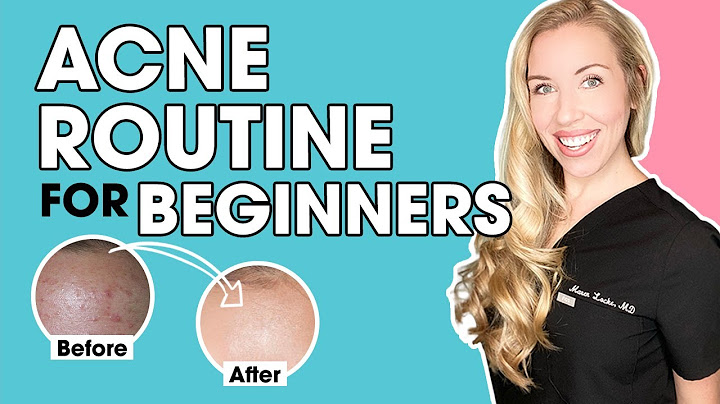Hair loss can occur as a result of aging, heredity, medications or an underlying medical condition, and can affect men and women of all ages. It may leave you with pattern baldness, patchy spots or thinned hair. Most people are troubled by this undesired change to their appearance and may be frustrated that there is no cure available for this condition. Show Androgenic alopecia is a common form of incurable hair loss that occurs in many males and some females. Also known as Male Pattern Baldness, the disorder causes men to lose their hair in a characteristic manner, with the hairline receding into a sort of “M” shape across the forehead while hair along the crown thins out. In Female Pattern Baldness, there is no recession of the hairline, but a thinning of all hair equally; female AA rarely causes total baldness. Alopecia areata is a common autoimmune disease that causes a person’s hair to fall out as the immune system attacks the hair follicles. Hair often falls out in clumps and can be maintained in a small area or may lead to severe hair loss. While many people are forced to deal with hair loss and let the condition progress naturally, there are several treatments available to help promote hair growth or hide hair loss. The best treatment option for each patient depends on the location and extent of the hair loss, but may include hair growth medications, wigs and hairpieces, and hair transplant or scalp reduction surgery. Other causes of hair loss include fungal and bacterial infections and diseases like lupus erythematosus. Dr. Kaminester looks carefully for any underlying causes that may help identify the reason for the hair loss and also lead to finding and treating other systemic diseases. Topical medications such as Minoxidil may be effective in both men and women for AA, while the systemic oral agent, Finasteride, is used almost exclusively by men. Anyone can be affected by alopecia areata, and nearly 2% of the American population will develop the disease at some point. Some people may have an increased risk if they have a family history of the disease or of other autoimmune disorders such as diabetes or lupus. Children and young adults are also commonly affected. Alopecia areata sometimes goes away on its own, or with reduced emotional stress, but there are several treatment options available to help promote new hair growth and prevent further hair loss. Corticosteroids are often used to treat autoimmune diseases and may be administered as injections, pills or topical ointment to suppress the immune system from attacking the hair follicles. Microscopic examination of the hairs that are falling out may lead to further clues to the diagnosis. Sometimes a scalp biopsy is done to get more information. Rogaine and other hair growth products can be used to help stimulate hair growth from areas that have been affected. A combination of these treatment options may improve their effectiveness. Sometimes biotin and Zinc re given. We recognize that, for many people, their hair is an indicator of both good health and youth, and we try to help our patents maintain both. Contact us to schedule a consultation or to learn more about Hair Loss
 Monkeypox is a contagious disease that causes a rash. A board-certified dermatologist explains what the rash looks like and when to seek medical care.  This contagious skin disease will usually clear on its own, but sometimes dermatologists recommend treating it. Find out when.
 Everyone's at risk for skin cancer. These dermatologists' tips tell you how to protect your skin.  Find out what may be causing the itch and what can bring relief.
 Find out why dark spots appear and what can fade them.  If you have what feels like razor bumps or acne on the back of your neck or scalp, you may have acne keloidalis nuchae. Find out what can help.
 You can expect permanent results in all but one area. Do you know which one?  If you want to diminish a noticeable scar, know these 10 things before having laser treatment.  It can smooth out deep wrinkles and lines, but the results aren’t permanent. Here’s how long botox tends to last.
 Use these professionally produced online infographics, posters, and videos to help others find and prevent skin cancer.  Free to everyone, these materials teach young people about common skin conditions, which can prevent misunderstanding and bullying.
 You can search by location, condition, and procedure to find the dermatologist that’s right for you.  A dermatologist is a medical doctor who specializes in treating the skin, hair, and nails. Dermatologists care for people of all ages. Can a dermatologist help with female hair loss?Dermatologists are the experts in diagnosing and treating hair loss. A dermatologist can tell you whether it's FPHR or something else that is causing your hair loss. Other causes of hair loss can look like FPHL, so it's important to rule out these causes.
Should I see a dermatologist or trichologist for hair loss?Dermatologist or Trichologist? With so many possible causes of hair loss, it's important to get an accurate diagnosis and this is why a dermatologist is the best option. Dermatologists have medical training, unlike trichologists who are qualified by and registered with the Institute of Trichologists.
What is the best treatment for female hair loss?The only medicine approved by the United States Food and Drug Administration (FDA) to treat female pattern baldness is minoxidil: It is applied to the scalp. For women, the 2% solution or 5% foam is recommended. Minoxidil may help hair grow in about 1 in 4 or 5 of women.
Does insurance cover dermatology visits for hair loss?In most cases, no, insurance won't cover your hair loss treatments or consultations for treatment. It's because they are considered a cosmetic procedure, and hair loss doesn't really affect your daily activities like a medical injury or illness does.
|

Related Posts
Advertising
LATEST NEWS
Advertising
Populer
Advertising
About

Copyright © 2024 kemunculan Inc.















